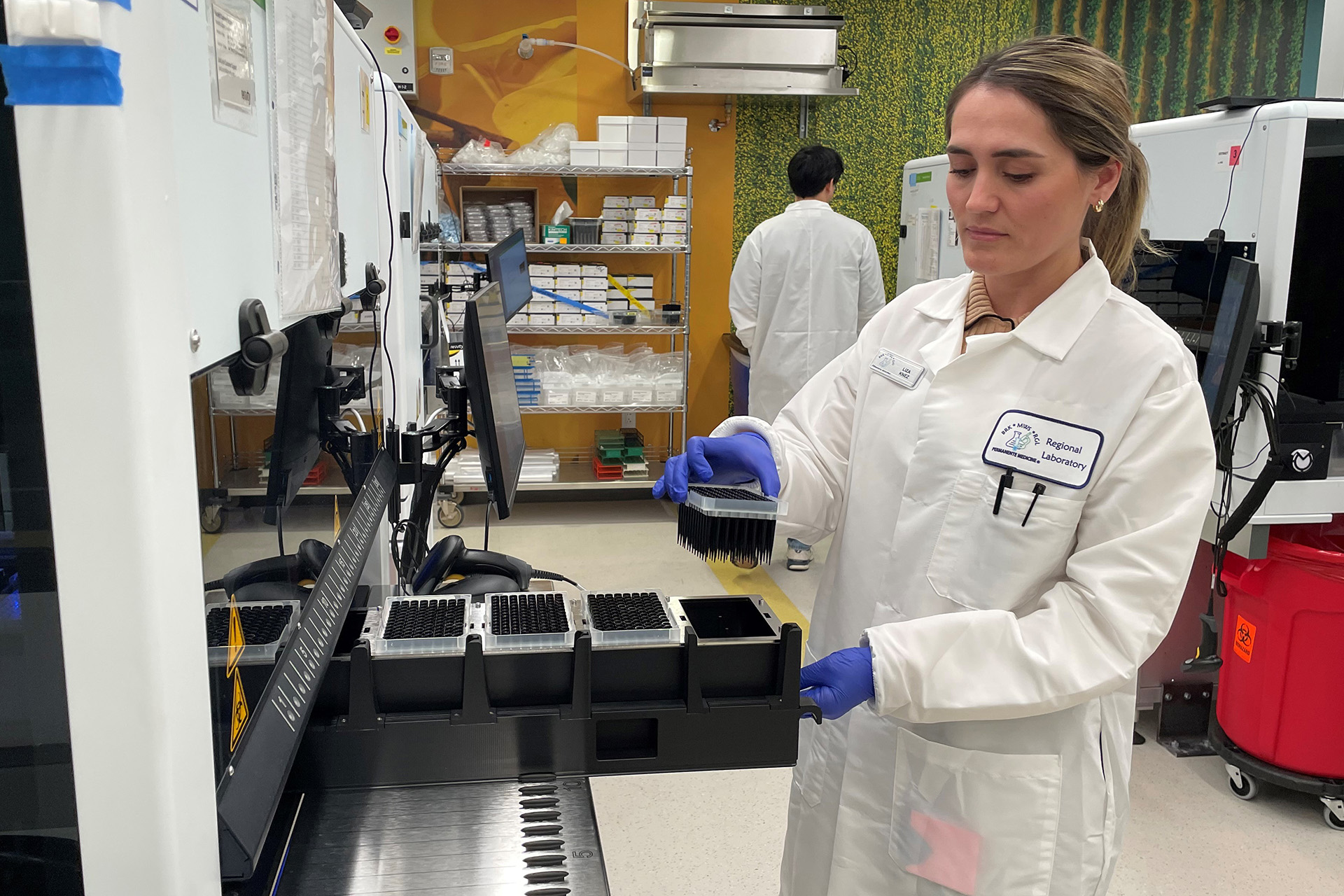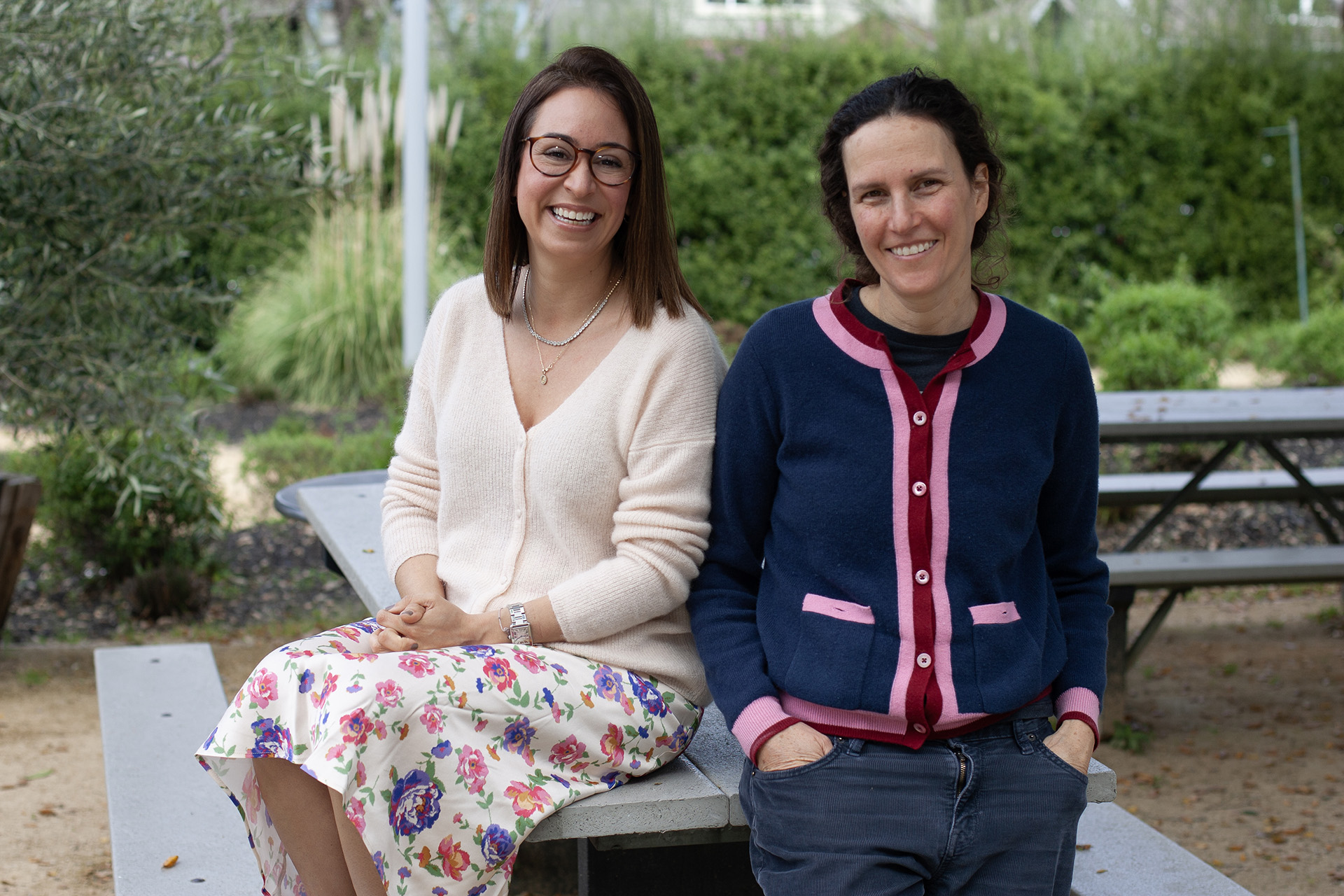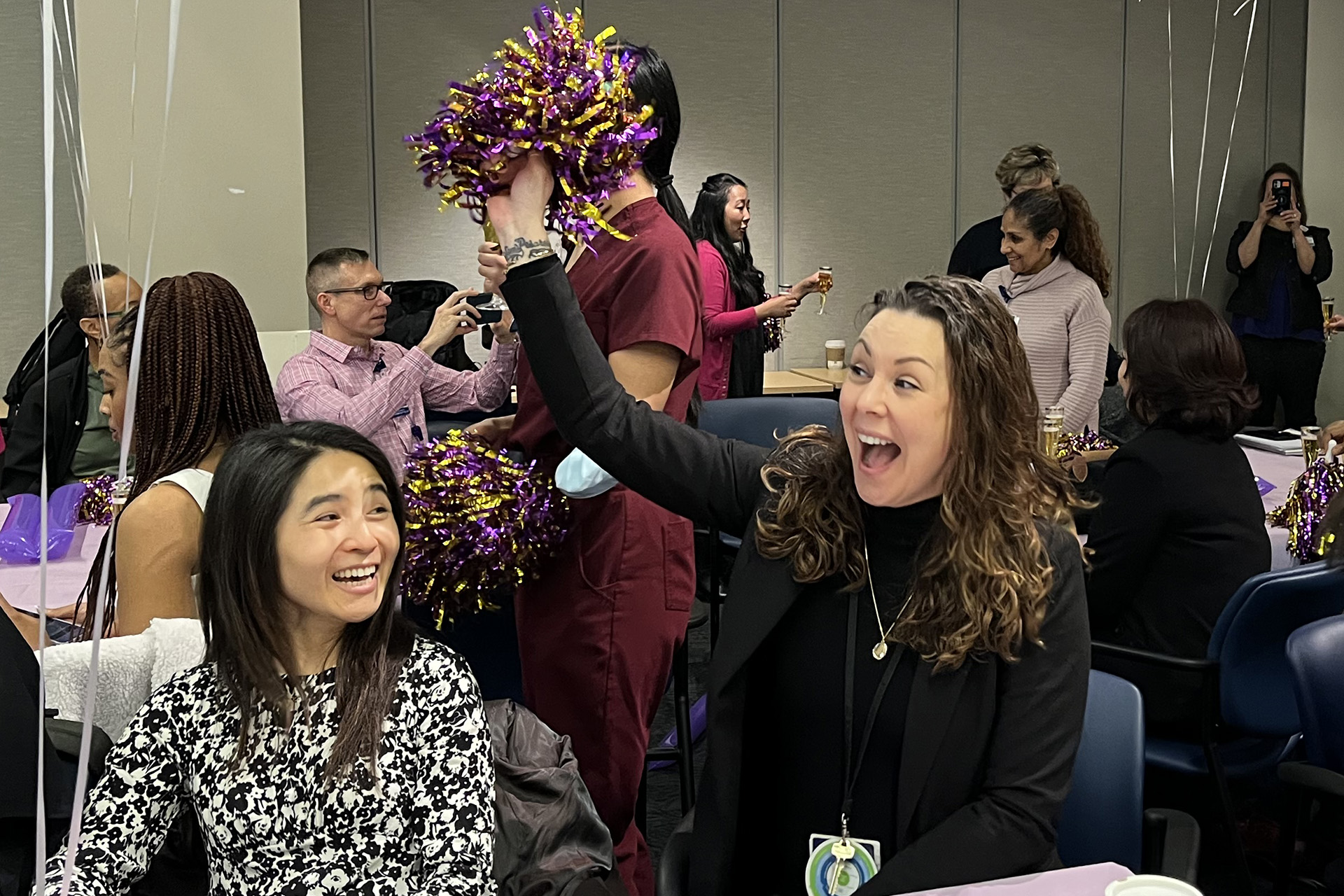By supporting moms throughout their pregnancy and newborn experience, Kaiser Permanente has dramatically increased breastfeeding rates in Northern California.
As an ob-gyn at Kaiser Permanente’s San Ramon Medical Office, Amani Zewail, MD, had always encouraged expecting mothers to prepare for breastfeeding. She gave them informational brochures and urged them to take breastfeeding classes. But she never anticipated the challenges that she would face in breastfeeding her own first child.
“I was in excruciating pain each time he tried to feed, and he was making these strange clicking noises,” she recalled of the first few days with her baby boy. “It just didn’t seem right.”
At the baby’s two-day appointment at the Kaiser Permanente Walnut Creek Newborn Care Center, a lactation consultant quickly diagnosed the problem: an attached posterior frenulum (commonly known as tongue-tie). The condition could be fixed with a simple outpatient surgery, and until then, the consultant showed Dr. Zewail how to use an electric pump to express milk.
A Patient-Centered Approach
That kind of personalized care is typical of Kaiser Permanente’s approach. “Our goal is to support mothers throughout their pregnancy and newborn experience,” said Tracy Flanagan, MD, an ob-gyn who is Kaiser Permanente’s regional director of Women’s Health. Since 2011, she has worked with a group of inpatient and outpatient obstetric and pediatric leaders to increase breastfeeding rates among Northern California members.
“As an integrated health plan, we’re able to look at breastfeeding across the continuum of care,” said Dr. Flanagan. “That means support comes from the whole maternity team, starting with the mother’s doctor or midwife, extending to the nurses who care for her in the hospital, and continuing in the baby’s pediatrician’s office.”
Those efforts are already reaping rewards. Some 97 percent of Kaiser Permanente mothers regionwide breastfeed their babies during their hospital stays after childbirth, and 76 percent are breastfeeding exclusively when they leave the hospital, well above the national average of 50 percent.
Nature’s Perfect Food
Breastfeeding for the first six months of life is one of the best things mothers can do for babies, according to the American Academy of Pediatrics. Breast milk is easiest for babies to digest, provides antibodies that protect them from certain illnesses, and lowers their risk of becoming obese.
“It’s also a wonderful bonding experience,” said Kimberly Klein, MD, a pediatrician who serves as Kaiser Permanente Northern California’s outpatient lactation lead.
The best time to initiate breastfeeding is in the “golden hour,” the first hour after birth when the baby is especially responsive. To take advantage of that time, Kaiser Permanente’s labor and delivery nurses are trained to place the baby skin-to-skin on the mother’s chest immediately after birth and to encourage early and frequent breastfeeding on demand.
Help When Mom and Baby Need it Most
Lactation support is another key component. “We ensure that all of the nurses in labor and delivery and on the mom/baby floor are trained in breastfeeding, so that they can step in to help,” said Dr. Klein. Lactation experts are available to help with complicated cases.
After they leave the hospital, “most babies are seen within two days, so any breastfeeding concerns can be addressed,” said Dr. Klein. Advice nurses provide round-the-clock support through Kaiser Permanente’s call centers and can set up appointments with lactation consultants.
Now the mother of a thriving 10-month-old, Dr. Zewail is happy she stuck it out through hard times.
“I get a little tearful thinking that there’s going to be an end to this beautiful process of breastfeeding,” she said. “It’s been the best experience, and I owe it all to the lactation consultants who helped me.”





This Post Has 0 Comments